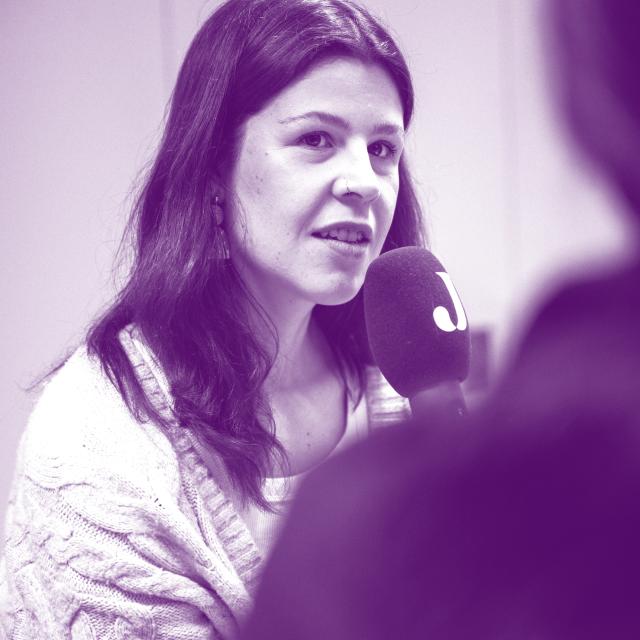
Listen to this article
From today, the Journal editorial team will be publishing editorials at regular intervals. Why we haven't done this so far and how we came to the decision to change it.
This article is provided to you free of charge. If you want to support our team and promote quality journalism, subscribe now.
The Lëtzebuerger Journal has not been available in print format for over three years. Our journalists have not published any opinion pieces for just as long, apart from the satirical weekly review by Pascal Steinwachs and the weekly chronicle by Claude Frisoni. For good reason: the editorial team has always focussed on covering topics in depth, shedding light on several perspectives on a topic and providing readers with as much information as possible so that they can form their own informed opinion.
The initial decision not to publish opinion pieces was also influenced by the flood of opinions that literally inundate the internet every day. We wanted to counter this with facts first.
In addition, my personal experience of writing opinion pieces for a daily newspaper had left a lasting, not very positive impression. Whoever was on the schedule had to have an opinion on something that day – regardless of whether they had already dealt with it in depth or not. The result rarely satisfied me. If I was going to give people my opinion, it had to be on something I had already studied in depth. Anything else felt wrong. Like just another opinion among thousands that was blasted out onto the internet without any added value.
"Our journalists only publish editorials on topics that they have already dealt with in depth themselves."
That's exactly what's different now. The Journal editorial team spends months and years working intensively on the topics it writes about. The time we take is what essentially sets us apart from other newsrooms. We benefit from not being driven by the news, but also from taking a step back from time to time to approach topics differently. Our journalists follow their dossiers, talk to those affected and experts and get an overview for themselves and the readers of what is at stake and what impact this and that has.
The solution-orientated approach with which our editorial team tackles its research also allows us to incorporate this into opinion pieces. Because when we no longer just read about how bad everything is, but also how it can be done better, and in some cases already is, we stop feeling helpless.
After joint discussions in the editorial team, we therefore agreed that we can create real added value with our opinion pieces. Here, our journalists summarise their extensive research on a specific topic in a tangible way for readers and help them to better understand it. Because sometimes you only develop your own opinion when you read something you don't agree with.
However, one important prerequisite remains: our journalists only publish editorials on topics that they have already dealt with in depth themselves. We have accumulated enough of these over the past three years.
Misch Pautsch will make the start next week. He has spent many months investigating structural violence in Luxembourg's schools and has spoken to a wide variety of people from the education sector about the topic both on and off the record. The result is three articles and many more ideas for future research.
We will continue to focus on covering a wide range of topics so that readers are in the best possible position to form their own informed opinion. Our editorials serve as a "cherry on top", so to speak, because we believe that the opinions of our journalists can provide valuable food for thought. Our readers are welcome and encouraged to disagree with us, and to let us know by sending an email to the author of the editorial. This will allow us to include even more perspectives and initiate further research.



